Madrid Airport is currently testing a new system that may change how travelers access basic amenities.
In a pilot project launched at Adolfo Suárez Madrid-Barajas Airport, Aena—the company that manages Spanish airports—is experimenting with using boarding passes to open the gates to restroom facilities.
The system is already in place at a family restroom located in Terminal 4. To enter, passengers must scan their boarding pass at an automated gate, similar to those used at boarding gates. Aena states that the initiative is part of its broader strategy to improve service quality and to implement technologies that enhance control over access to different airport spaces.
According to airport sources, the aim is twofold: to ensure that restroom facilities remain in optimal condition and to use boarding passes as personal, non-transferable credentials for managing access. The idea is not entirely new—boarding passes are already required for purchases in certain airport stores—but this marks a more intimate use of them, one that affects every passenger sooner or later during their journey.
The initiative is still in its trial phase and limited to a single restroom, but Aena confirms that this is one of several pilot projects currently being explored at Madrid Barajas. If successful, the system could be rolled out across additional restrooms and perhaps at other Spanish airports in the future.
The timing of the trial, however, has raised questions. In recent weeks, Madrid’s Barajas Airport has drawn media attention due to the presence of nearly 500 homeless individuals sleeping in the terminals. A public dispute erupted between Aena and the Madrid City Council over who is responsible for addressing the issue. The council reported that 71 of those staying overnight were already under the care of social services, while others were asylum seekers under national jurisdiction.
On March 6, the city council announced that Aena had made a unilateral decision to evict homeless individuals from airport property. Aena denied the claim the same day, stating that it lacks administrative authority over social services and calling on local and national authorities to step in. The company emphasized that airports are designed for passengers—not for long-term habitation—and urged for solutions that prioritize care, dignity, and protection for vulnerable individuals.
The conversation became even more sensitive following the death of a homeless man on airport grounds on March 20. According to Spain’s National Police, the man, who was undocumented and in his 60s, showed no signs of violence. Authorities believe he may have had substance abuse issues. He was found lying near a cafeteria, unresponsive for several hours, before medical services arrived and declared him dead. His body was taken to the Valdebebas Institute of Forensic Medicine to determine the official cause of death.
Although Aena has emphasized that the boarding pass access system for restrooms is unrelated to the homeless situation at the airport, the proximity of the two developments has generated public interest and debate. Some question whether the new policy could indirectly restrict access to facilities for non-travelers, while others see it as a practical step toward better hygiene and maintenance in one of Europe’s busiest airports.
At this stage, no final decision has been made regarding a broader rollout of the boarding pass system. The pilot will be evaluated based on its efficiency, user satisfaction, and operational outcomes. If the system proves successful, travelers at Madrid Airport may need to get used to scanning their passes for more than just boarding gates and duty-free shopping.
For now, it remains an experiment—one that reflects both the challenges and innovations shaping the future of airport travel. Whether it’s about improving passenger experience or responding to complex social dynamics, Madrid’s airport seems to be testing more than just new technology—it’s testing new boundaries.

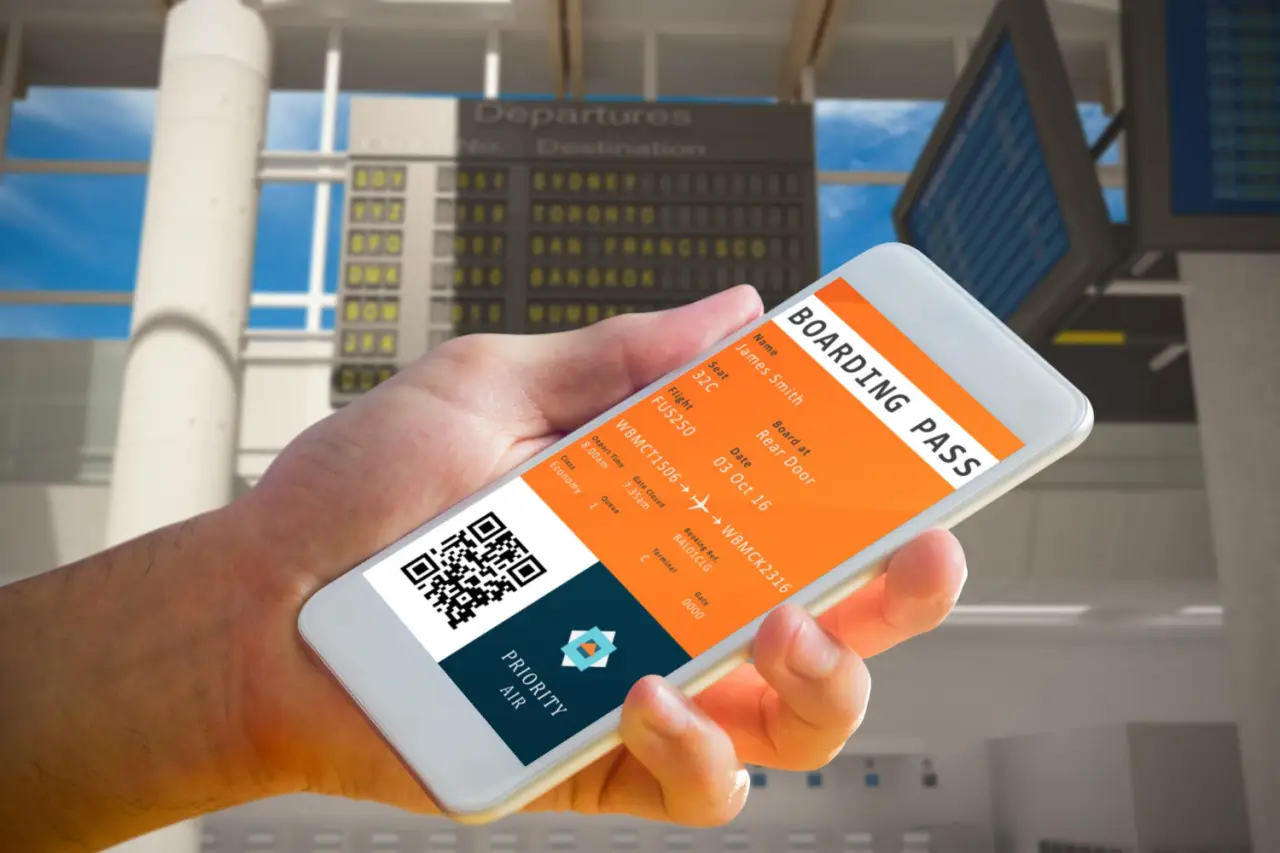

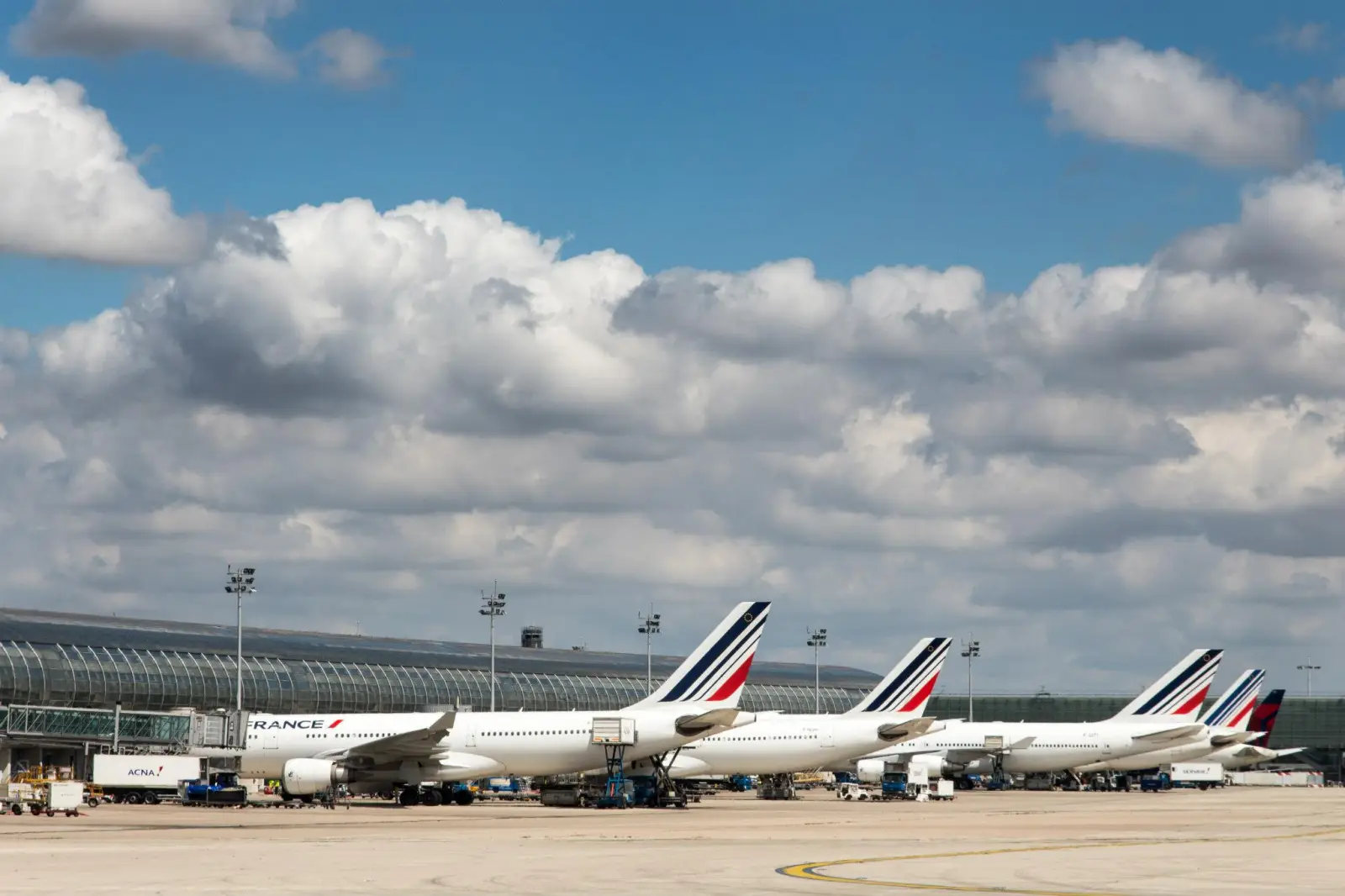

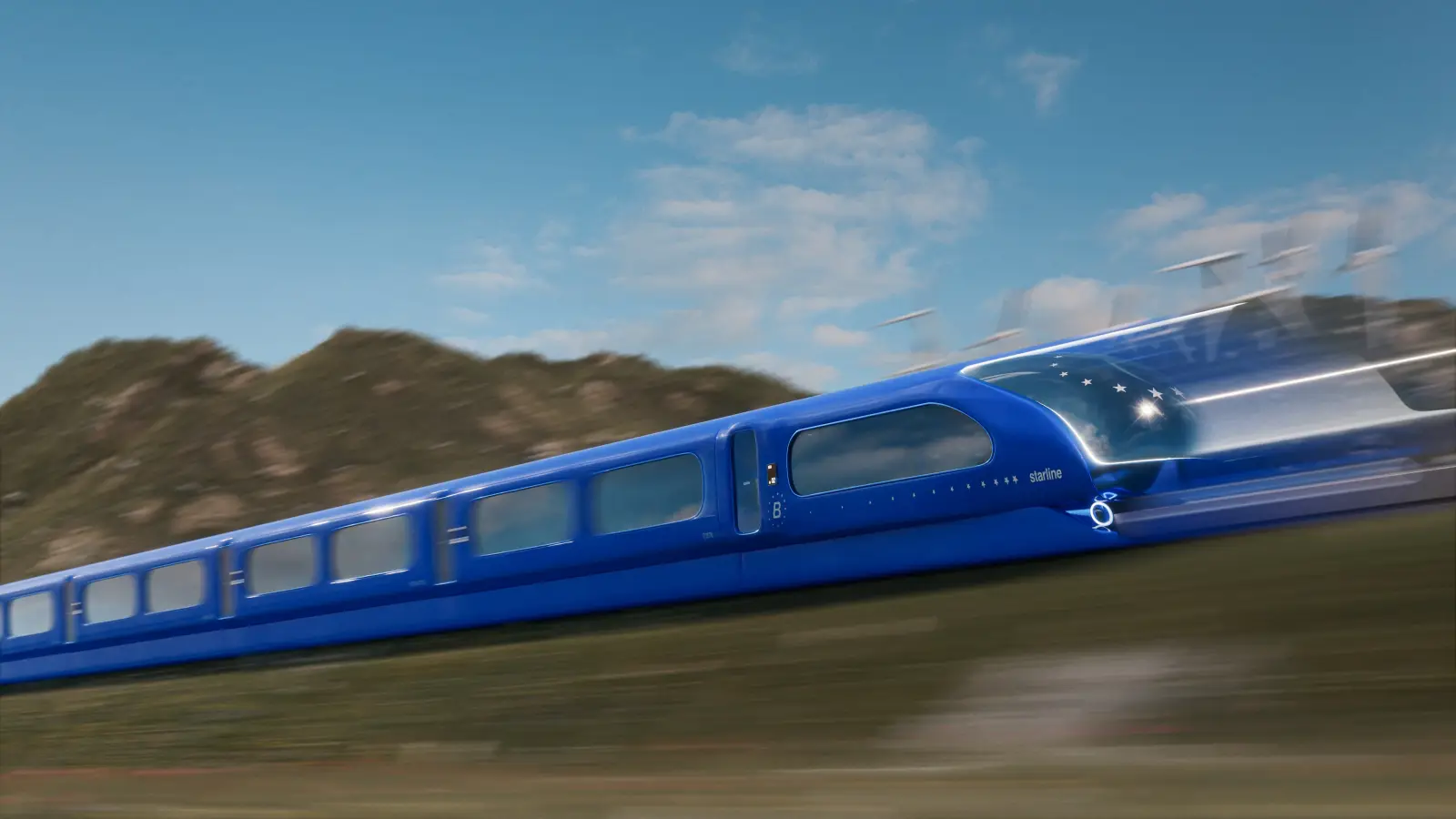
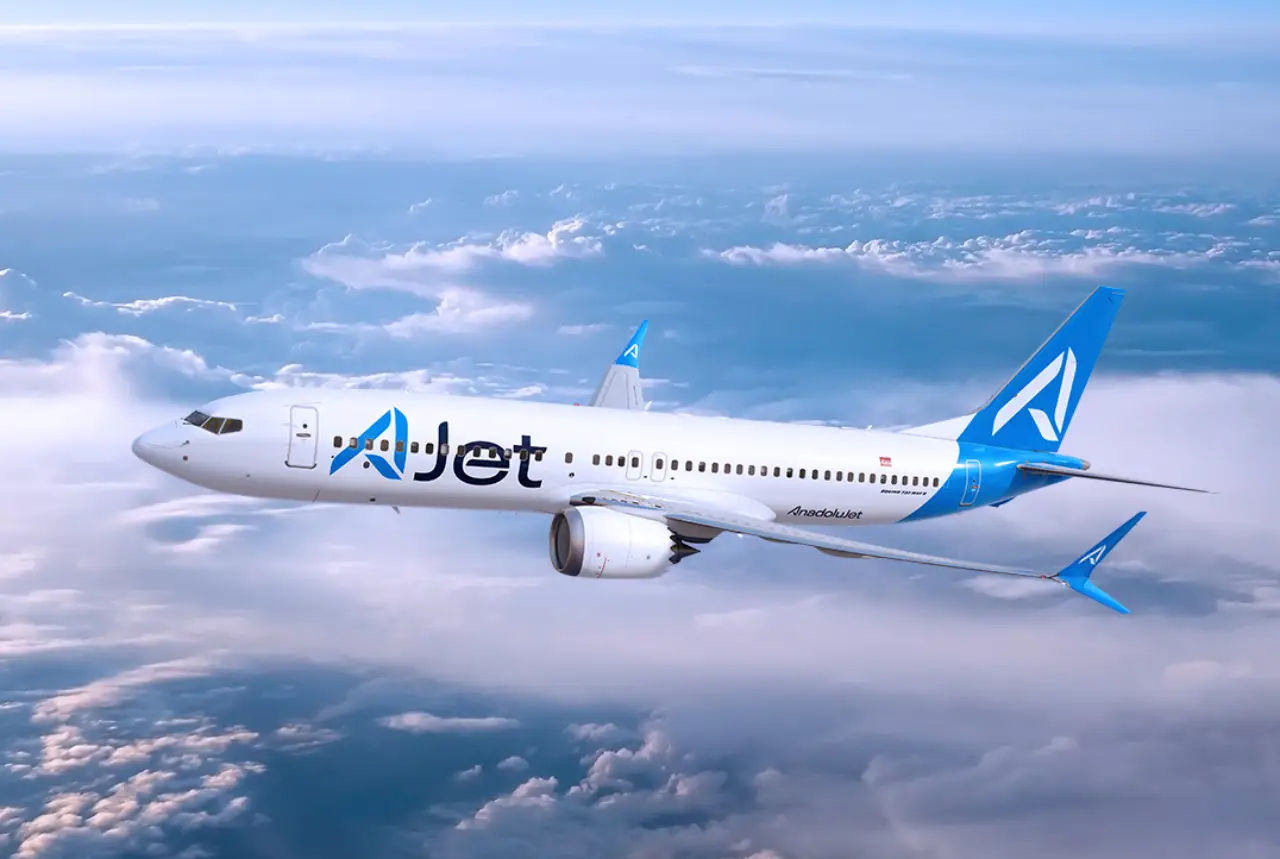


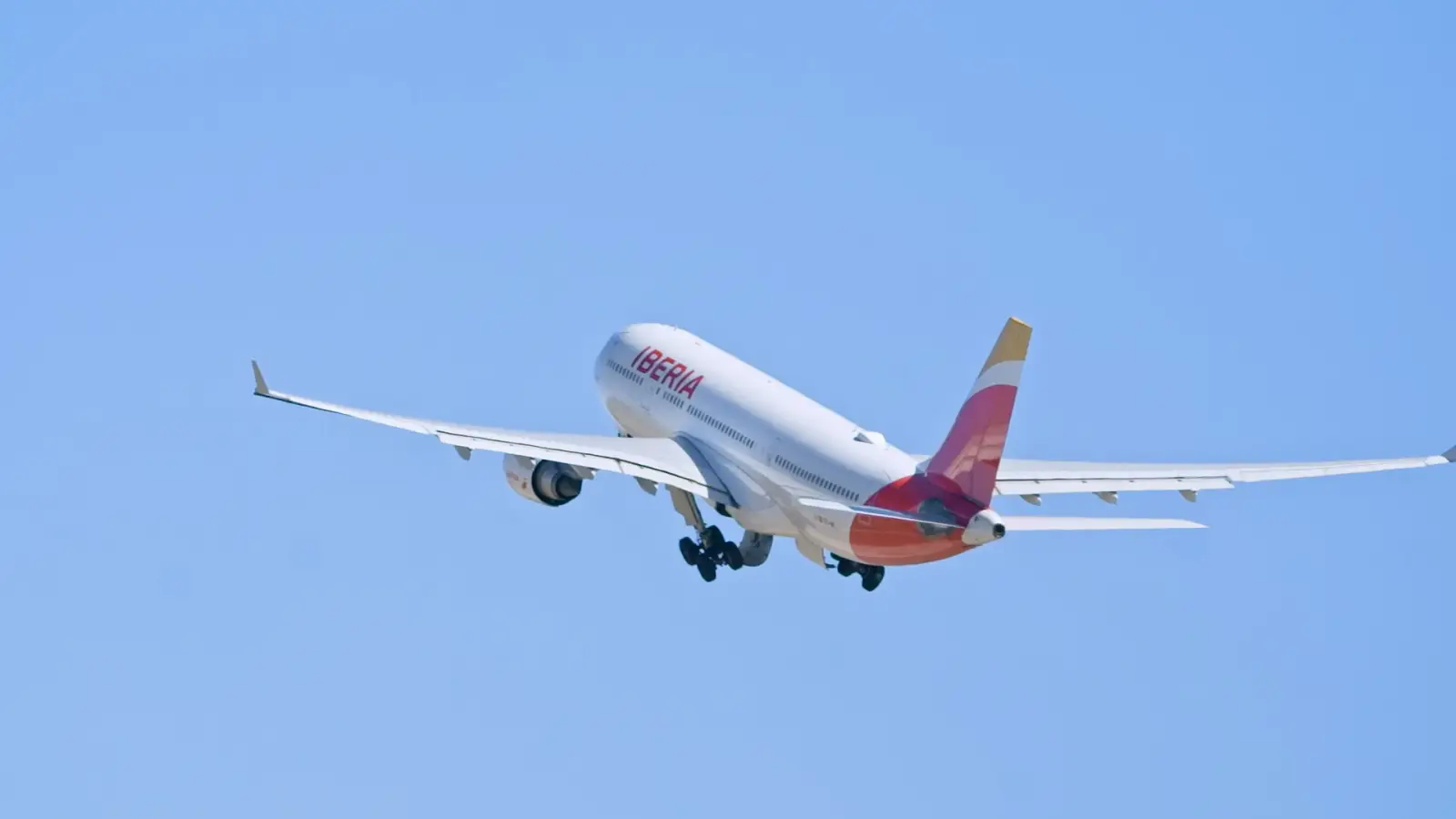




Can You imagine your stomach being upset and having to dig for your boarding pass to get into the restroom and then having an accident because you didn’t do it in time… Bad idea for sure.